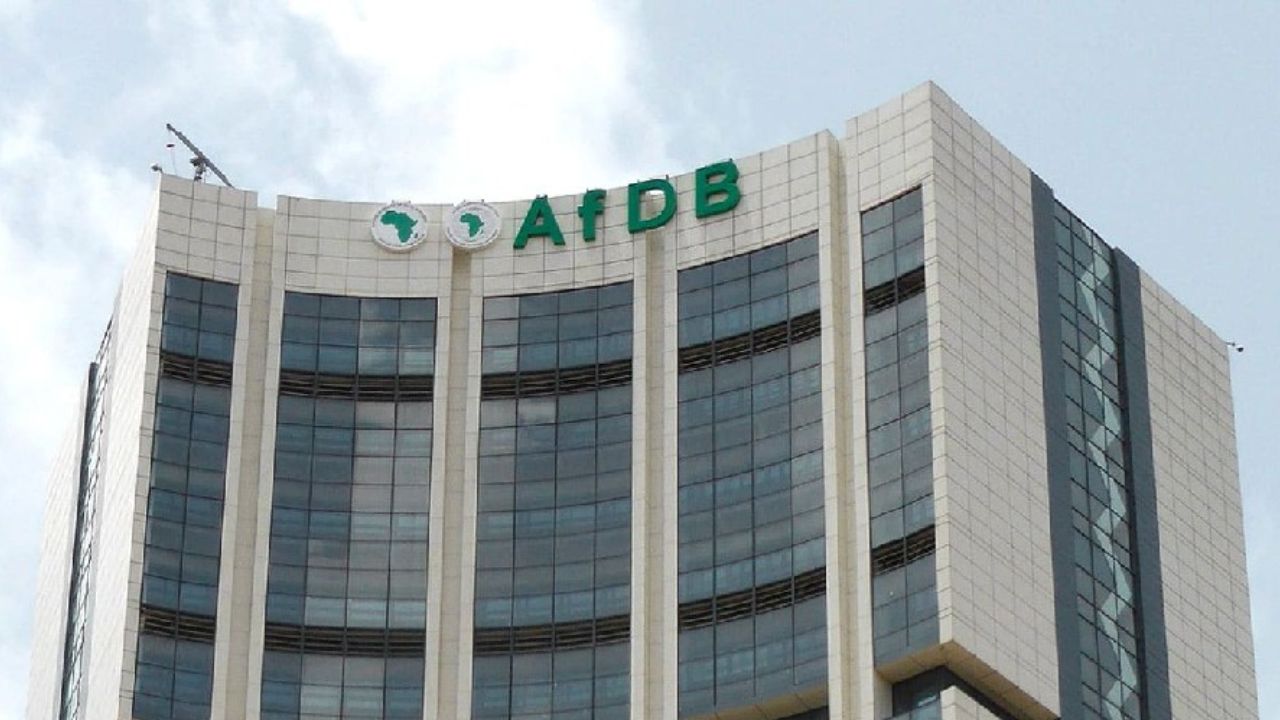The African Development Bank (AfDB) has set aside a $5.9 million grant to help African stakeholders to tackle illicit financial flows in Africa.
The grant follows the launch of the African Financial Integrity and Accountability Support Project (AFIAP) at the African Union headquarters in Addis Ababa on March 7.
It is a three-year project in partnership with the Coalition for Dialogue on Africa (CoDA), will help stakeholders actively engage in stemming illicit financial flows in Africa to improve domestic revenue mobilization in African countries.
“The grant will support CoDA in its role as the secretariat of both the AU High-Level Panel on IFFs, the Joint Secretariat of the Consortium to Stem IFFs from Africa, and the annual African Fiscal Policy Forum,” reads a statement in part.
According to the Economic Development in Africa Report by the UN Conference on Trade and Development (UNCTAD), Africa loses about $88.6 billion, 3.7 percent of its Gross Domestic Product (GDP), annually in illicit financial flows.
For example, Nigeria is losing about $18b yearly to IFFs, especially through the oil and gas sector.
On the other hand, South Africa, Africa’s largest economy, is losing $3.5 billion to $5 billion a year, or more than 1 percent of its Gross Domestic Product (GDP).
Kenya on the other hand loses $965.7 million annually – according to the international financial watchdog, Global Financial Integrity (GFI). The report revealed that the country lost a total of $587.4 million between 2003 and 2013 due to tax evasion.
The Republic of Sudan, the youngest nation in Africa, loses about US$5.4 billion every year, according to a report by African Union (AU) and United Nations Economic Commission for Africa.
Magnitude of illicit financial flows in Africa
Furthermore, close to $250 billion gets out of the continent either directly through multinationals repatriating profits and illegally moving money into tax havens, or by costs imposed by the rest of the world through climate change adaptation and mitigation.
This translates to close to $50 billion in illicit financial flows in Africa where millions struggle with poverty.
AfDB project targets selected African Development Bank member countries, including the aforementioned states, with a particular emphasis on public sector capacities in low-income countries, to reinforce resilience via training, policy research, and advocacy activities.
The Bank’s support is in line with the objectives of its Strategy for Economic Governance in Africa (2021 – 2025), its policy and strategic framework, and its action plan to prevent Illicit Financial Flows in Africa (2017 – 2021, extended to 2023), and “High Five objective that aims to “Improve the quality of life” for the people of Africa.
“CoDA welcomes this financial support of the AfDB. We are eager to work with the Bank in ensuring Phase II of the implementation of the Panel’s recommendations is well underway. This collaboration with the AfDB is highly useful in this regard and on behalf of its Board of Directors and the High-Level Panel on IFFs from Africa, CoDA is thankful to the President, Management, and Board of the AfDB for their continued support”, said Executive Director of CoDA / HLP Secretariat, Souad Aden-Osman.

